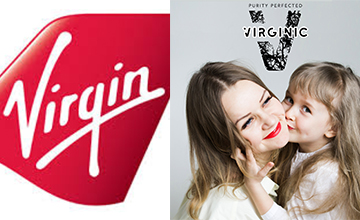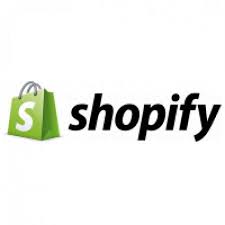New York, NY, 2020-Apr-23 — /EPR Retail News/ — One of the greatest challenges currently facing the business world is the relentless pursuit of ownership of brand names, logos, typefaces, slogans and even colors! The judiciary are constantly inundated with cases regarding the alleged illegal or improper use of any, or any combination, of…

